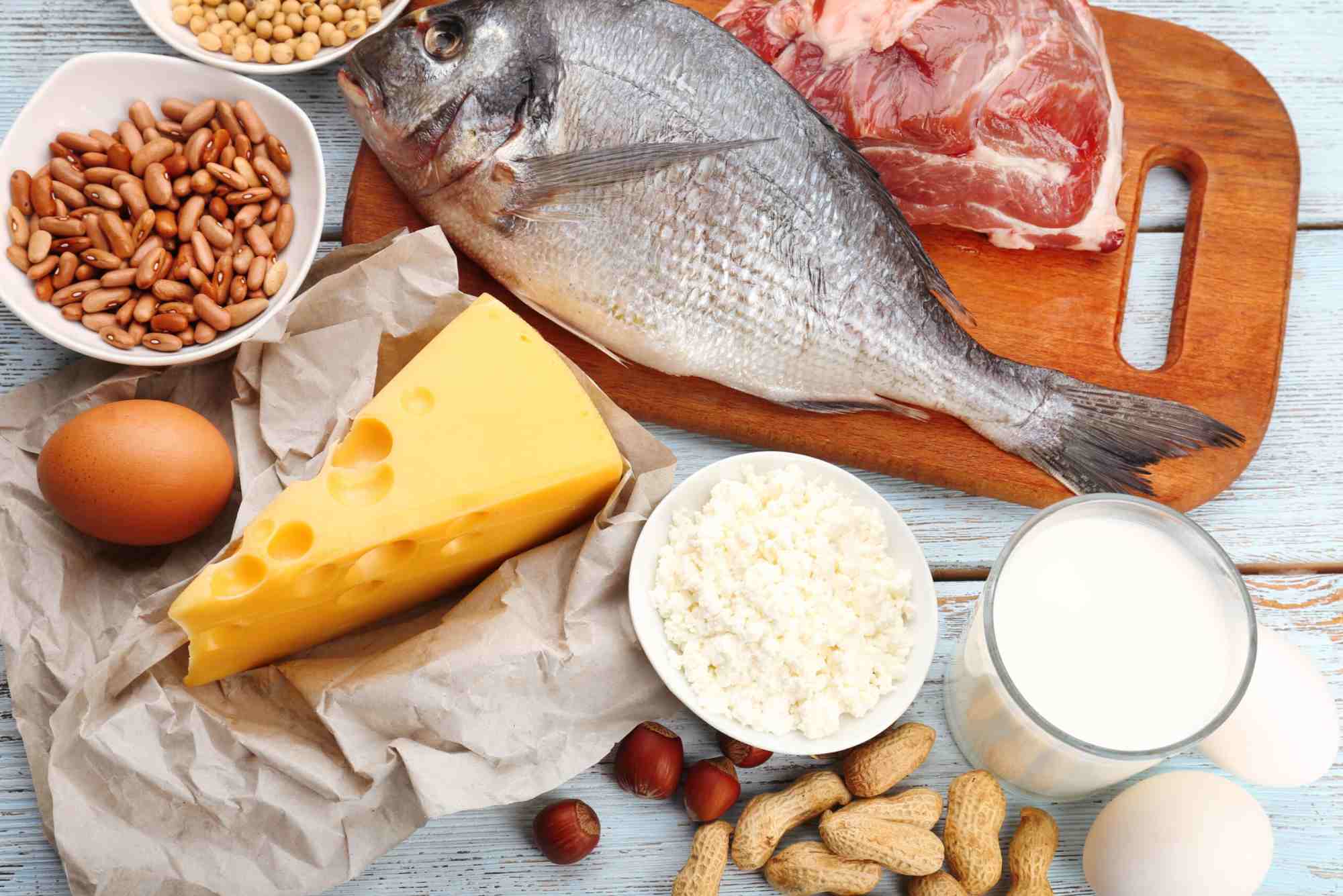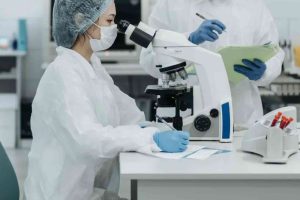Foods That Can Cause Miscarriage – What to Avoid During Pregnancy
Pregnancy is a delicate and transformative journey that requires great attention to every detail—especially diet. The foods a woman consumes during pregnancy not only nourish her but also directly impact the health and development of her unborn baby. While many foods are essential for supporting a healthy pregnancy, others can be harmful and, in extreme cases, may lead to complications, including miscarriage. Knowing which foods to avoid is critical for expectant mothers to protect both their well-being and that of their developing fetus.
In this article, we will explore foods that can cause miscarriage, why they are dangerous, and how you can make informed choices throughout your pregnancy. From unpasteurized dairy to caffeine and herbal teas, every item on your plate matters. Understanding these risks can make a big difference in ensuring a smooth and healthy pregnancy journey.
Understanding the Link Between Food and Miscarriage
A miscarriage, defined as the loss of a pregnancy before the 20th week, can result from a range of factors. While many are unpreventable due to genetic issues or medical conditions, certain lifestyle choices, especially dietary ones, can increase the risk. Foods that contain harmful bacteria, toxins, or high levels of certain compounds can interfere with fetal development or trigger uterine contractions, increasing the likelihood of pregnancy loss.
Unpasteurized Dairy Products
One of the biggest risks during pregnancy comes from unpasteurized milk and cheeses. These products can harbor Listeria monocytogenes, a bacteria responsible for listeriosis. Even mild infections can lead to miscarriage or premature birth. Soft cheeses like feta, Brie, Camembert, Roquefort, and some Mexican cheeses made from raw milk are particularly risky. Always opt for clearly labeled pasteurized products when shopping for dairy.
Raw or Undercooked Eggs and Meat
Undercooked eggs may contain Salmonella, a bacteria that can cause severe gastrointestinal illness. While a healthy adult might recover easily, a pregnant woman’s immune system is more vulnerable, and severe infection can potentially harm the fetus. Similarly, raw or undercooked meats—especially chicken, lamb, or pork—may contain Toxoplasma gondii, a parasite that can infect the placenta and lead to miscarriage. It’s crucial to ensure all meat is cooked to the recommended internal temperature and to avoid dishes like sushi, steak tartare, or runny eggs.
High-Mercury Fish
While seafood is often a healthy source of protein and omega-3s, certain types of fish contain high levels of mercury—a toxic element that can severely affect fetal brain development and increase the risk of miscarriage. Fish such as king mackerel, shark, swordfish, and tilefish should be avoided. Safer alternatives like salmon, sardines, and cod can still provide essential nutrients without the mercury risk.
Caffeine in High Doses
Caffeine is commonly consumed worldwide in coffee, tea, chocolate, and some soft drinks. While moderate amounts may be safe, excessive caffeine intake—generally considered over 200 milligrams per day—has been linked to an increased risk of miscarriage. Caffeine crosses the placenta and affects the baby’s heart rate and metabolism. Because the baby’s liver isn’t fully developed to process caffeine efficiently, it’s best to limit or avoid it entirely during the early stages of pregnancy.
Alcohol
It’s a well-established fact that alcohol consumption during pregnancy can lead to fetal alcohol syndrome, developmental delays, and miscarriage. There is no known safe amount of alcohol during pregnancy. Even occasional drinking can be harmful during the first trimester when the baby’s organs are forming. The best course of action is complete abstinence from alcohol throughout pregnancy.
Raw Sprouts
Raw sprouts such as alfalfa, clover, radish, and mung bean may seem like a healthy salad topping, but they can be contaminated with harmful bacteria like E. coli or Salmonella. These bacteria thrive in the warm, moist conditions required to grow sprouts and can be hard to wash away. Infections during pregnancy can cause severe complications, including miscarriage. Cooked sprouts are a safer choice.
Unwashed Fruits and Vegetables
While fruits and vegetables are essential for a balanced pregnancy diet, consuming them without washing can pose serious risks. Produce can be contaminated with Toxoplasma and Listeria, which can linger in the soil or on the surface of the produce. Toxoplasmosis, in particular, is dangerous during early pregnancy and can cause miscarriage, stillbirth, or developmental issues. Always thoroughly wash all fruits and vegetables before consumption, even if they look clean.
Certain Herbal Teas and Supplements
Many herbal teas are marketed as natural and healthy, but some herbs have uterotonic effects, meaning they stimulate the uterus and can lead to contractions. Herbs such as pennyroyal, sage, parsley, and licorice root can be harmful during pregnancy. Similarly, unregulated herbal supplements can contain active ingredients that interfere with hormonal balance or fetal development. Always consult a healthcare provider before taking any supplement or herbal product while pregnant.
Liver and Vitamin A-rich Foods
Liver is rich in nutrients but contains high levels of vitamin A, particularly in the form of retinol. While vitamin A is essential, too much of it during pregnancy can be teratogenic, meaning it can cause birth defects or even miscarriage. Avoid eating liver or taking high-dose vitamin A supplements unless prescribed and monitored by a healthcare professional.
Processed Meats and Deli Products
Cold cuts, hot dogs, and other processed meats are convenient, but they are also potential carriers of Listeria. Pregnant women are more susceptible to listeriosis, which can result in miscarriage or stillbirth. If you choose to consume deli meats, ensure they are heated to steaming hot before eating to kill any bacteria.
Excessive Pineapple and Papaya
While fruit is generally safe and encouraged, some tropical fruits have earned reputations for causing problems in early pregnancy. Pineapple contains bromelain, an enzyme that can soften the cervix and potentially lead to miscarriage in large amounts. Similarly, unripe or semi-ripe papaya contains latex, which can stimulate uterine contractions. While small amounts of ripe papaya are generally safe, it’s wise to avoid them in large quantities, especially in the first trimester.
Pregnancy is a time of excitement, responsibility, and constant change. Making careful food choices is one of the simplest and most powerful ways to support a healthy pregnancy and avoid complications such as miscarriage. By understanding which foods can cause miscarriage, you empower yourself to take control of your diet and protect your developing baby.
Always consult your obstetrician or a registered dietitian when in doubt about any food item or supplement. Your health—and your baby’s—depends on it.
Are you pregnant or planning to be? Bookmark this guide, share it with loved ones, and talk to your healthcare provider about a pregnancy-safe diet today. Knowledge is the first step to a healthy start.
(FAQs)
What foods should be avoided during early pregnancy to prevent miscarriage?
Avoid unpasteurized dairy, raw or undercooked meats, high-mercury fish, alcohol, excessive caffeine, and certain herbs like sage and parsley. These foods can increase the risk of miscarriage by introducing harmful bacteria, toxins, or causing hormonal imbalance.
Can eating pineapple cause a miscarriage?
Pineapple contains the enzyme bromelain, which may soften the cervix and potentially lead to miscarriage if consumed in large amounts. However, one or two servings of fresh pineapple are generally considered safe, especially after the first trimester.
Is caffeine really dangerous in pregnancy?
High doses of caffeine—above 200 mg daily—have been linked to increased miscarriage risk and fetal growth restriction. It’s best to limit caffeine intake during pregnancy and opt for decaffeinated alternatives whenever possible.
Are herbal teas safe during pregnancy?
Not all herbal teas are safe. Some contain compounds that can stimulate uterine contractions. Herbs such as pennyroyal, licorice root, and parsley should be avoided. Always consult your doctor before consuming herbal teas.
Can miscarriage be caused by poor diet?
A poor diet lacking essential nutrients or high in harmful foods can increase the risk of complications, including miscarriage. Maintaining a well-balanced diet rich in fruits, vegetables, lean proteins, and whole grains while avoiding high-risk foods is crucial.




